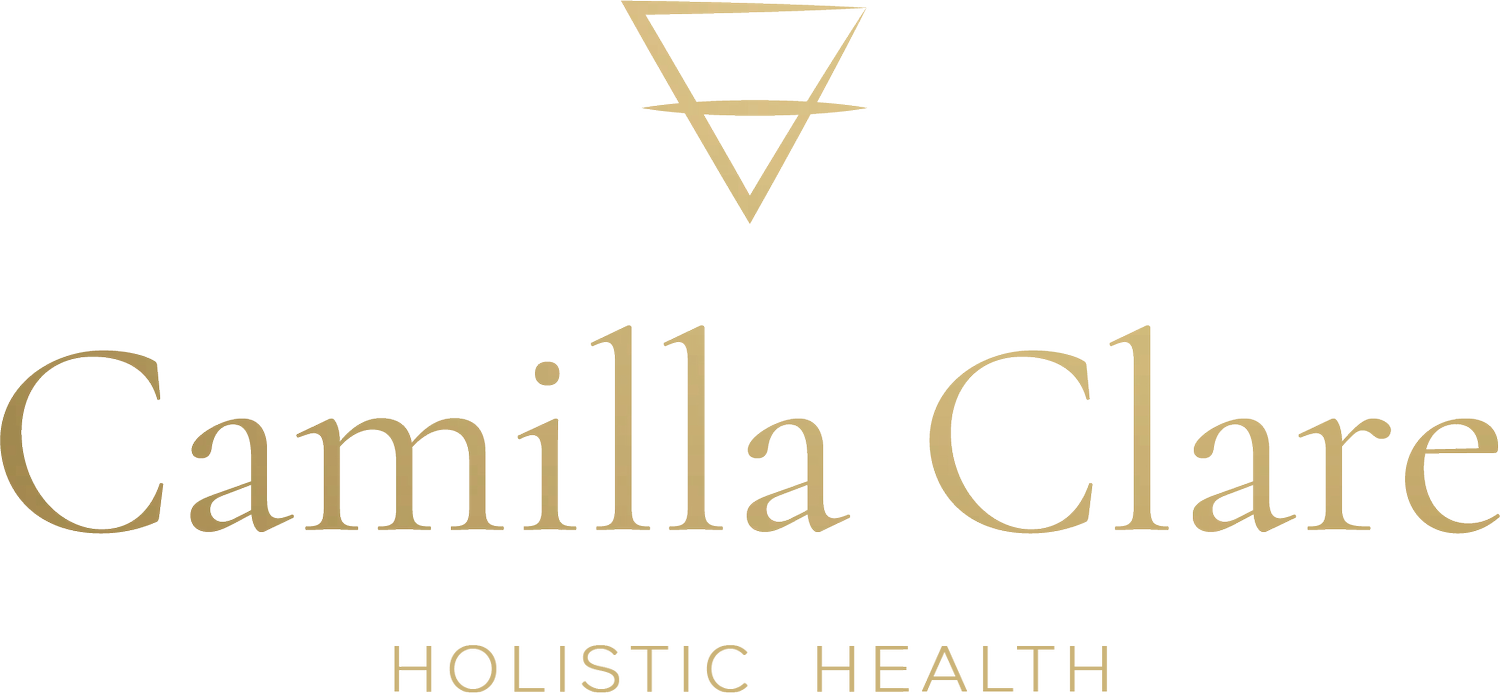Balancing Hormones Naturally: A Holistic Guide to PMS, PMDD and Menstrual Wellbeing
For many women, the days before their period can bring a host of unwelcome symptoms — from bloating and fatigue to anxiety and mood swings. But for those living with Premenstrual Dysphoric Disorder (PMDD), this time of the month can become completely destabilising. While hormonal contraceptives and antidepressants are commonly prescribed, they often fail to address the deeper roots of hormonal distress.
A combined naturopathic and trauma-informed approach offers a more complete picture — one that honours the interconnectedness of gut health, nervous system regulation, plant-based nutrition, and emotional healing. In this guide, I’ll walk you through a holistic approach to managing PMS and PMDD naturally.
What’s the Difference Between PMS and PMDD?
Most people are familiar with Premenstrual Syndrome (PMS) — symptoms like irritability, fatigue, food cravings, and bloating in the days leading up to menstruation. These are typically manageable and mild.
PMDD, on the other hand, is a more severe and often misunderstood condition. Affecting approximately 5–8% of menstruating individuals, PMDD is marked by intense emotional symptoms including rage, anxiety, despair, and sometimes suicidal thoughts. These symptoms are cyclical and resolve once menstruation begins.
Importantly, PMDD is not just a hormonal imbalance. It is a heightened sensitivity to normal hormonal fluctuations — often rooted in trauma, nervous system dysregulation, or chronic emotional stress. This distinction is vital. While PMS may be managed through basic dietary changes, PMDD often requires a more integrative, trauma-informed approach.
Plant-Based Nutrition for Hormonal Balance
When working with clients to restore hormonal balance, I always begin with food. Your diet forms the biochemical foundation of your hormones.
Top plant-based foods for hormone health:
Fibre-rich vegetables and fruits – Help eliminate excess oestrogen and support a balanced microbiome.
Omega-3 fatty acids from seeds and Ahiflower oil – Reduce inflammation and balance prostaglandins, easing cramps and irritability.
Plant-based protein sources – Tofu, tempeh, lentils and nuts support stable blood sugar and mood.
Avoid refined sugar, caffeine, and alcohol, particularly during the luteal phase — the weeks before your period — when your body is more vulnerable to cortisol spikes and inflammation.
Natural Remedies and Supplements for PMS and PMDD
While food is foundational, many women also benefit from targeted herbal and nutritional support.
Key natural supplements for menstrual health:
Vitex (Chasteberry) – Supports the hypothalamic-pituitary-ovarian axis and helps reduce irritability and breast tenderness.
Magnesium and B-complex vitamins – Magnesium calms the nervous system; B6 and B12 support serotonin and dopamine production.
Ahiflower Oil – A sustainable vegan alternative to fish oil, providing both omega-3 and GLA to support inflammation and hormone resilience.
Always consult a qualified naturopath to determine the right dosages and combinations for your unique constitution.
Lifestyle Tips for Easing PMS and PMDD Symptoms
Consistency in daily routines helps reinforce hormonal equilibrium.
Supportive lifestyle practices for hormonal health:
Gentle movement – Walking, yoga, and swimming support circulation, lymphatic flow and emotional regulation.
Stress reduction – Practices like meditation, breathwork and journaling can significantly lower cortisol levels.
Healthy sleep – Aim for 7–9 hours per night to stabilise melatonin and support progesterone balance.
These simple yet powerful practices can reduce symptom severity and improve emotional resilience throughout your cycle.
The Link Between PMDD and Trauma: Why Emotional Healing Matters
What sets PMDD apart from PMS is not just symptom severity, but emotional depth. Many people with PMDD have a history of unresolved trauma or early attachment wounds. This results in a nervous system that overreacts to even subtle and perfectly normal hormonal changes.
Trauma-informed therapies that support PMDD recovery:
Family Constellations – A powerful modality that reveals hidden ancestral patterns or unresolved grief contributing to emotional reactivity.
Somatic and trauma-releasing practices – Techniques such as Emotional Mind Integration or Trauma Releasing Exercises help calm the fight-flight-freeze response and bring the body into safety.
When we address trauma at its root, natural hormonal fluctuations becomes more tolerable, and the cycle stops feeling like a battlefield.
How to Create Your Personal Hormone Healing Plan
Healing your cycle is not about perfection — it’s about awareness, compassion, and small daily choices. Here’s where to begin:
Track your cycle – Journalling or using an app helps identify patterns and empowers informed self-care.
Work with a holistic practitioner – A naturopath can assess your hormones, gut health, and nervous system to develop a tailored plan.
Include emotional healing – Addressing trauma, whether through Family Constellations or somatic therapy, can radically shift the emotional weight of PMDD.
Refine as you go – Each cycle offers feedback. Adjust your nutrition, supplements and rituals accordingly with the help of your practitioner.
Final Thoughts: Reclaiming Your Cycle Through Holistic Care
Your menstrual cycle is not a nuisance — it is a messenger. When symptoms arise, they are asking you to listen. By embracing a naturopathic approach that includes plant-based nutrition, emotional processing, herbal support and nervous system care, you can begin to feel at home in your body again.
This work is not about managing symptoms. It’s about healing the relationship between you and your body — and with that, stepping into clarity, rhythm and emotional freedom.
I work with women in a highly holistic, gentle and supportive way to transform their menstrual experience. As somebody who has experienced and recovered from PMDD personally, I am deeply passionate about supporting other women in doing the same.


